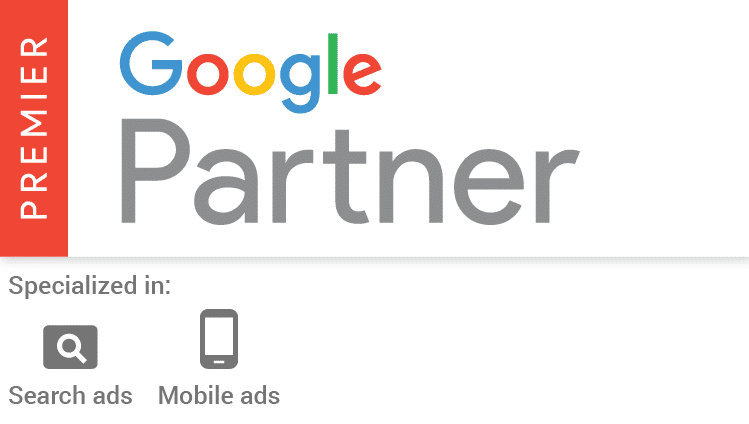It’s a new year, and many of you have resolved to end your bad habits. Maybe you’re going to drink less, or eat less junk food, or stop punching wasp nests. But while personal improvement is always important, what have you resolved to do in your professional life? Because it never hurts to resolve to stop falling for some old myths that are hurting your business and your ability to generate leads.
For example, despite what many people are taught, most potential customers do NOT like having flyers delivered by angry badgers.
A surprisingly common tactic is to run similar content on multiple sites in order to give yourself additional listings. Maybe it’s done with entirely different URLs, or maybe it’s done through a variety of subsites. Whatever the tactic, the logic seems obvious – why have just one website battling for good search engine rankings when you can have two or more listings?
The problem is that you end up competing against yourself as well, and instead of having one website rank well you’ll have two websites with mediocre spots. In addition, Google frowns on blatant use of duplicate content, which will drive you further down the listings. Unless you have two businesses that offer radically different services, running multiple sites is a damaging waste of time.
Another common tactic is to use linking strategies and partnerships. Because search engines consider frequent links to a site to be a sign of a site’s popularity, the theory is that having a lot of other sites link to yours will improve your ranking.
The problem with this strategy is that search engines aren’t stupid – they can tell the difference between a genuine endorsement and an artificial scheme. An intelligent linking strategy between two high-quality sites can absolutely improve your traffic. But paid links or low-quality link farm sites will lower your traffic, because search engines will punish you for what is essentially spam. It’s the quality of links that improves your traffic, not the quantity. Mistake the two at your peril.
A sudden increase in links can look suspicious.
A third myth is that including a keyword in your domain name will improve your ranking, e.g. portlandhomeimprovement.com will rank higher than stevesmithkitchenrennovations.com because “home improvement” is the more common search term. That’s simply a fundamental misunderstanding of how keywords work. The role of keywords in SEO is complicated and ever-evolving,and simply shoving them into your URL and waiting for the leads to roll in won’t accomplish anything. By all means, grab a catchy URL full of keywords if you can. Just be prepared to do just as much work to promote it as you would have had to with any other URL.
What do these three myths have in common? A fourth myth; the idea that SEO makes lead generation easy. Nothing in this industry is easy, and SEO is just one of the many steps required to make sales. You can lead potential customers to your site with solid SEO strategies, but that won’t do a thing if your site isn’t well-designed, if you don’t offer quality work and customer service, and if you aren’t ruthlessly efficient at pursuing potential leads. SEO is crucial, but so is every other aspect of your business. It’s not easy to juggle all of them, but shaking these myths will make it just a tiny bit simpler.


